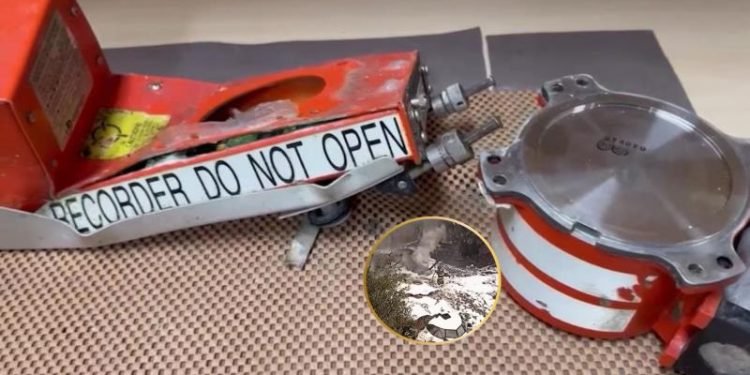Authorities investigating last week’s tragic plane crash in Brazil, which claimed the lives of all 62 people on board, now have access to the full transcript of the cockpit voice recorder. However, the contents of the black box have yet to reveal a clear cause of the accident, according to a report by local TV station Globo on Wednesday.
Pilots Noticed Sudden Altitude Drop
The transcript from the cockpit voice recorder indicates that the pilot and copilot noticed a sudden and steep loss of altitude approximately one minute before the crash. TV Globo, citing unnamed sources involved in the investigation, reported that the copilot could be heard asking the pilot what was happening and remarking that the plane needed “more power” to stabilize.
Conflicting Reports and Official Statements
Despite these revelations, TV Globo did not release the actual audio or the full transcript of the recording. The transcript reportedly covers about two hours of audio, capturing the tense moments leading up to the crash.
In response to TV Globo’s report, Brazil’s aviation accident investigation center, Cenipa, issued a statement late Wednesday asserting that no publication had been granted access to the voice recorder’s audio, transcript, or data. Cenipa refrained from commenting on the content of TV Globo’s report, maintaining a cautious stance as the investigation continues.
The Crash Details
The plane involved in the crash was an ATR-72 turboprop operated by the local airline Voepass. It was en route from Cascavel, in the southern state of Paraná, to São Paulo when it went down at approximately 1:30 p.m. local time (1630 GMT) near the town of Vinhedo, about 80 kilometers (50 miles) northwest of São Paulo. The crash resulted in the deaths of all passengers and crew on board, though fortunately, no one on the ground was injured.
Eyewitness Accounts and Social Media Footage
In the aftermath of the crash, video footage circulated on social media showing the ATR-72 aircraft spinning out of control as it descended behind a cluster of trees near residential areas. The crash sent a large plume of black smoke into the sky, further amplifying the tragedy.
Unanswered Questions Remain
The Brazilian air force stated on Friday that the pilots had not reported any emergencies or adverse weather conditions prior to the crash. According to TV Globo, investigators believe that analyzing the audio alone may not be sufficient to determine the cause of the accident. No distinct sounds, such as those from a fire, electrical failure, or engine breakdown, were identified on the recording. However, the audio was reportedly difficult to interpret due to the noise of the engines near the cockpit.
Authorities have not ruled out or confirmed the possibility of icing on the plane’s wings as a contributing factor to the crash. As the investigation unfolds, experts will continue to scrutinize all available evidence to understand what led to this tragic event.























